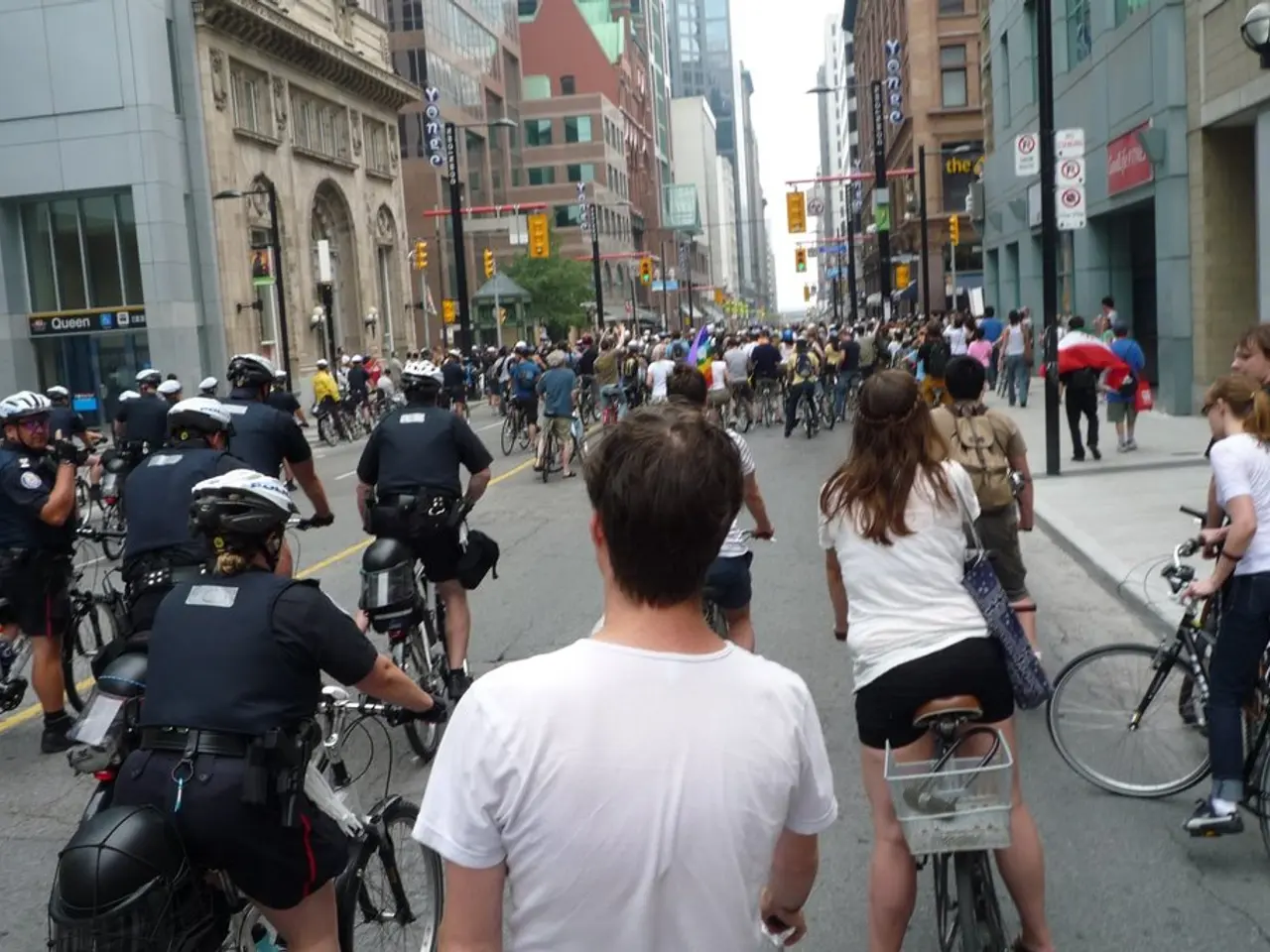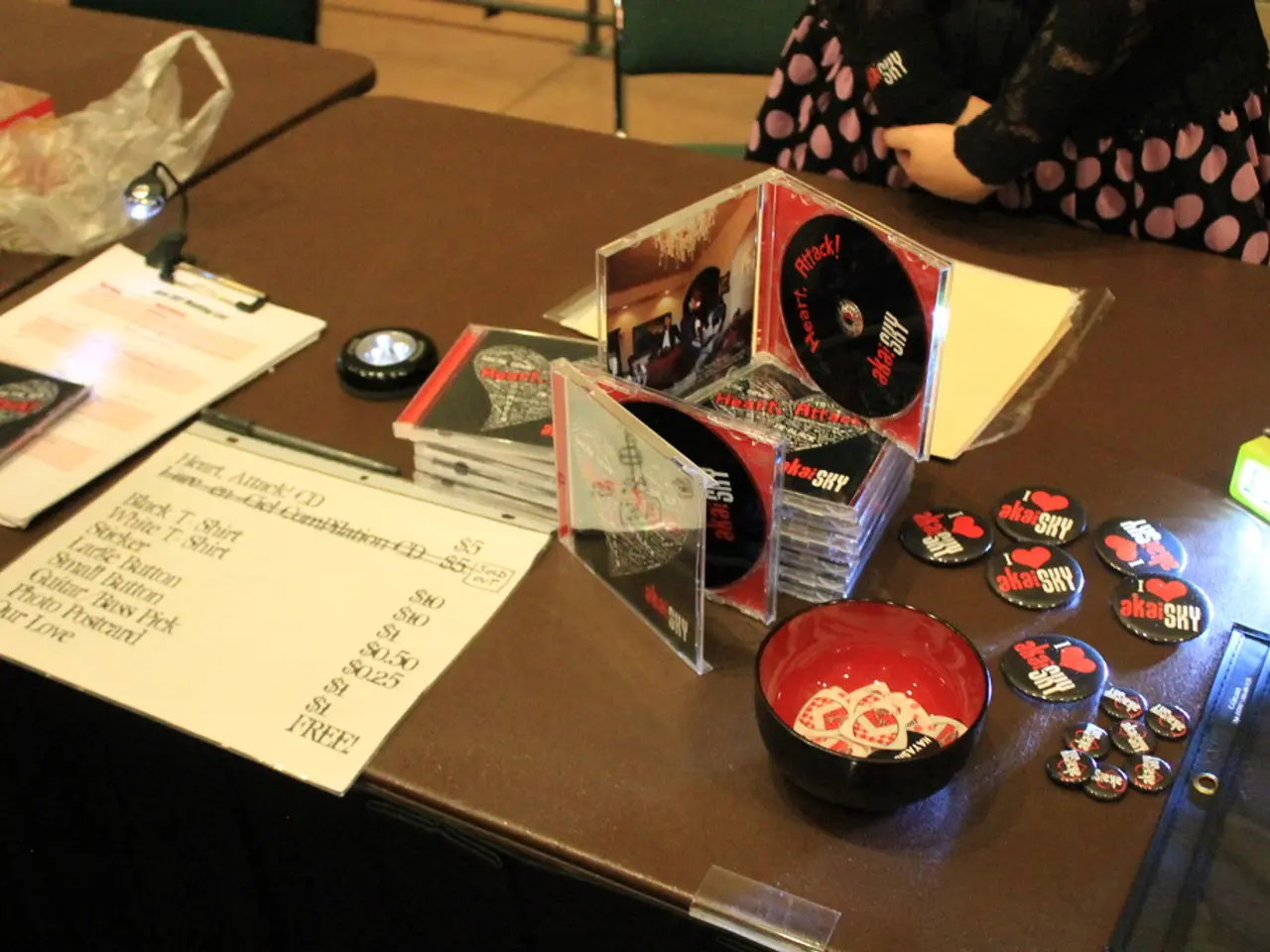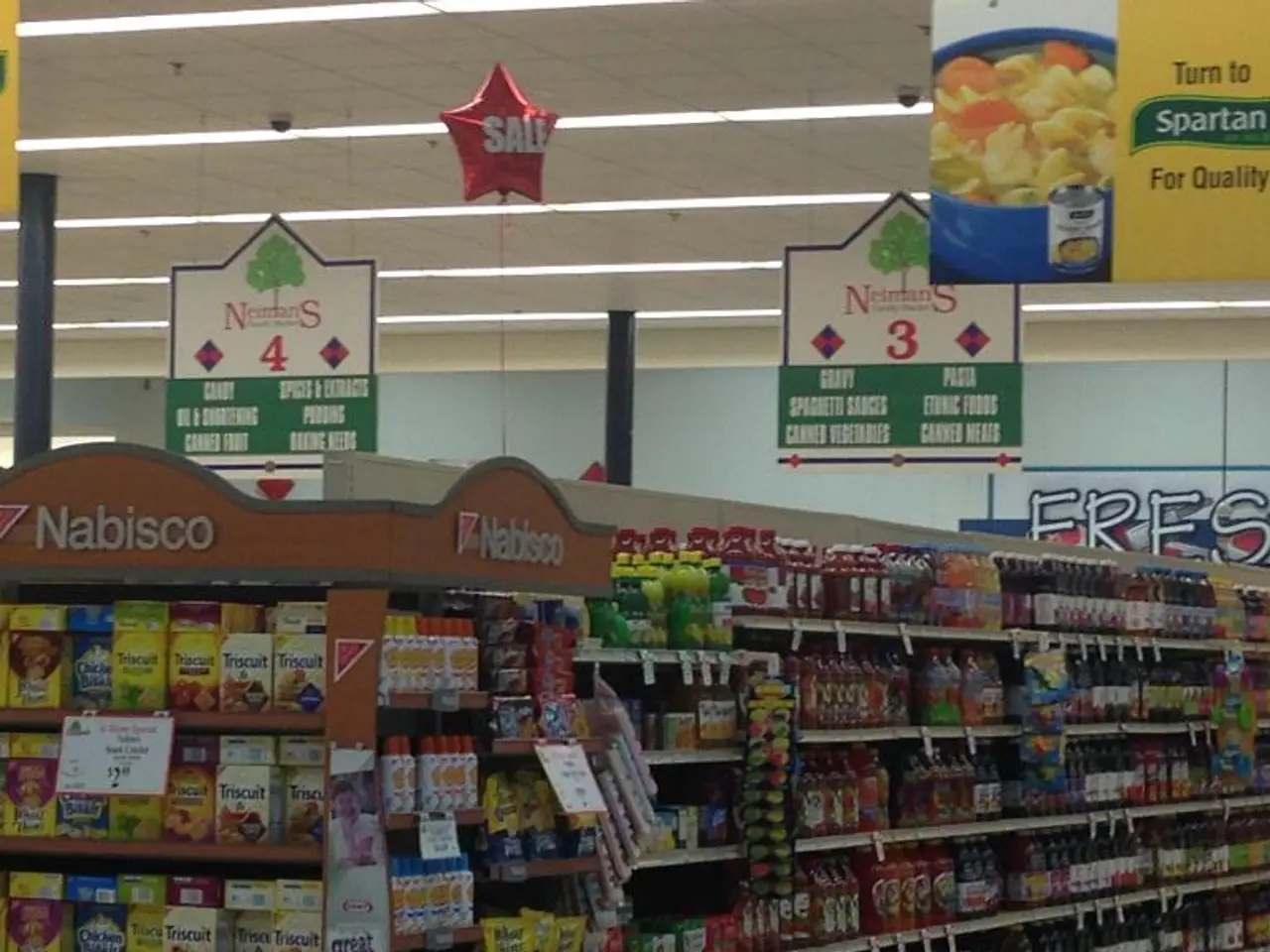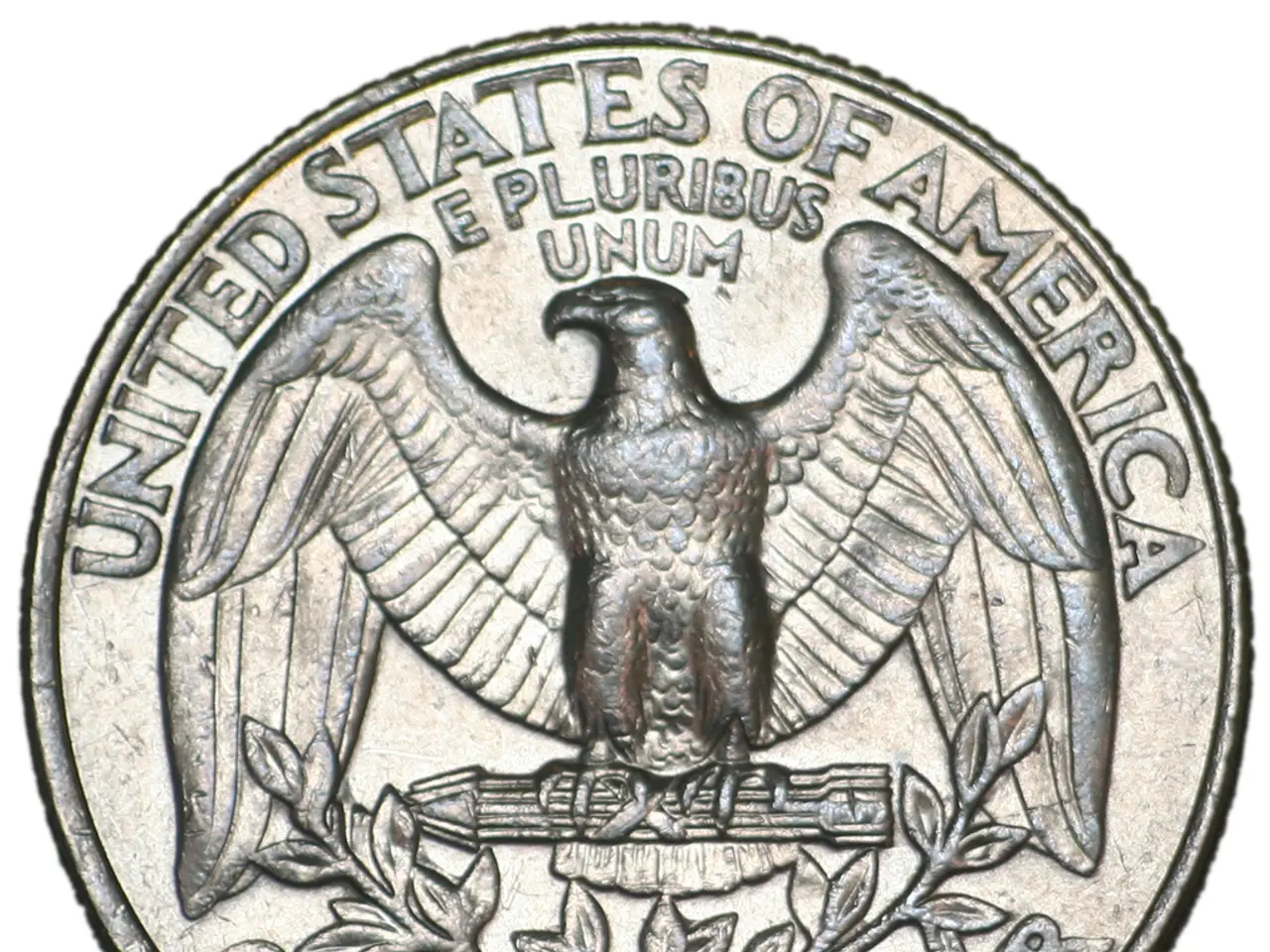Clash between cyclists and truck drivers
In the heart of Germany's urban mobility transition, Düsseldorf is navigating a complex conflict between local cycling traffic and commercial/industrial use. The city, known for its shift towards more sustainable modes of transport, is aiming to reduce conflicts by redesigning infrastructure to better accommodate diverse traffic types.
Düsseldorf's transport policy is evolving away from car-centric planning towards a focus on cycling and public transit. The city is working towards connecting cycling networks closely with public transit and freight logistics hubs, optimizing routes for both cyclists and commercial traffic to minimize spatial overlap and conflict.
One of the key issues at hand is the proposed protected bike lane on Am Trippelsberg street. A coalition for the mobility transition has demanded the completion of this bike lane, but local companies argue that just-in-time processes cannot be handled on their own premises due to the bike lane. Martin Volkenbrath, SPD transport expert, has dismissed the protests against the bike lane as "anti-industry," emphasizing the need for concessions from the economy for the continuation of the protected bike lane.
The city administration has already tested various possible compromises for the bike lane, but no short-term implementable variant that is safe and satisfactory for all parties involved has been found. The city's approach to the bike lane has been met with criticism from the opposition, who label it as "brazen."
In response, Volkenbrath proposes an alternative solution: using a nearby A46 motorway service area with all sanitary facilities and a direct exit towards Holthausen. He also criticizes the truck drivers for relieving themselves 'behind the bush' due to lack of infrastructure.
A citizens' initiative, Hafenalarm, is protesting against the bike lane in front of the town hall. The area, located in a zone designated as a core zone for securing "large-scale industrial and commercial settlements" in the Masterplan Industry, is home to several logistics companies. The demands of these companies on road space fundamentally conflict with those of cyclists.
Despite the challenges, Düsseldorf's efforts reflect Germany’s larger paradigm shift emphasizing sustainable urban mobility. Technological solutions such as digital traffic management systems and advanced warning signals are being explored to improve safety and traffic flow where cycling and commercial vehicles intersect. The city will continue to work on a solution for the bike lane after collecting new traffic data post-Corona.
For the most recent specific local measures or pilot projects in Düsseldorf, more targeted local government or transport authority publications would provide the latest updates beyond the general trends summarized here.
- In the midst of Düsseldorf's emphasis on environmental science and climate-change mitigation, the finance sector should consider investing in sustainable transportation infrastructure to ensure a harmonious coexistence between cycling traffic and the industry.
- As the industry in Düsseldorf grapples with the integration of climate-change measures into their operations, it is crucial to find suitable locations for logistics hubs that minimize conflicts with environmental-science projects such as protected bike lanes.
- In line with Germany's commitment to sustainable urban mobility, scientists in the field of transportation should collaborate to develop innovative digital technologies that optimize safety and traffic flow in the intersection of cycling and commercial vehicles.




